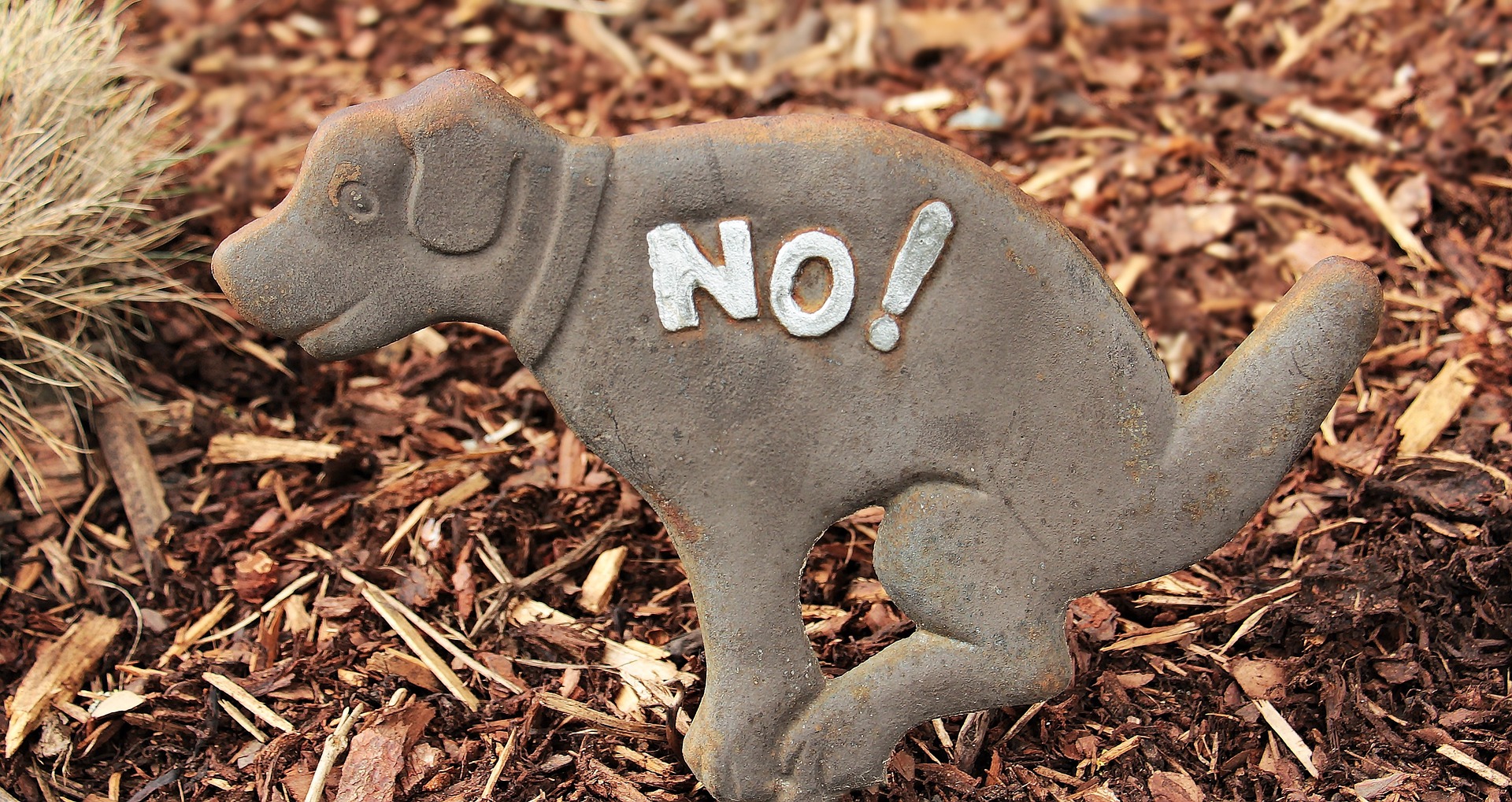In 2019, Spanish municipalities issued an average of 21 fines per year for not cleaning up dog poo on the street. Municipalities in large cities have different approaches to enforcement and residents criticise the lax attitude of many Spanish cities.
Spanish municipalities issued fewer than two fines per month to dog owners who did not clean up the excrement of their four-legged friend. Pipper on Tour, the organisation that specialises in travelling with dogs, recently published figures via the Spanish news site El Español.
Laxity of Spanish municipalities in enforcement
Pipper on Tour talks about the laxity of municipalities to enforce non-cleaning. This leads to irritation among dog owners as so much dog poo on the street gives a false image of dog owners, including those who do clean up their pet’s faeces.
According to research by the Organización de Consumidores y Usuarios (OCU), residents find dog poo on the street to be one of the factors that determine the street scene in Spain. Spaniards give an average of 3.6 for cleaning the streets. Dog poo on the street plays a large part in this low rating.
The vast majority of Spanish cities hardly enforce it
The approximately fifty cities in Spain surveyed hand out between 0 and 80 fines annually. Thirty-one of the cities surveyed did not hand out more than ten fines throughout the year. Eight Spanish municipalities have not fined a single owner. The latter applies to the municipalities of Albacete, Cuenca, Jaén, Lugo, Pontevedra, Tarragona, Teruel and Zamora.
However, some cities are an exception. Malaga and Huelva handed out 262 and 245 fines respectively in 2019.
How high are fines in Spain for not cleaning up dog poo?
Most fines vary between €60 and €600. In Madrid, the fines are higher at between €750 and €1,500. On the other hand, some Spanish cities recently started to fine dog owners when their pet urinates in certain areas. This is the case in Almeria and Cadiz.
Spanish cities are investigating dog poo to fine owners afterwards
The problem for many Spanish municipalities is there are not enough staff to enforce. Malaga and 26 smaller municipalities are the only ones to carry out checks based on dog DNA. When a pet is registered with the vet, the DNA is stored, making it easier for municipalities to track down offenders.
Other Spanish municipalities, such as Zaragoza and Tarragona, are also in talks to implement this system.


